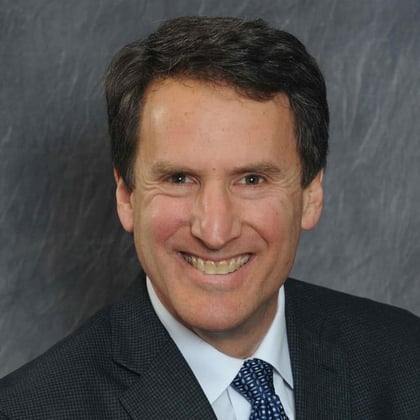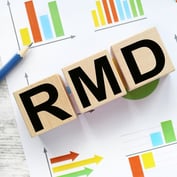Since many clients do not want to use DAFs that feature the name of their bank or wealth management firm, they seek other options. Should advisors offer only their own private-label DAF option, some of their clients may look for and open DAF accounts elsewhere, consequently eliminating their advisors’ ability to manage the DAF assets. As a result, when clients indicate that they do not want to use the firms’ primary DAF option, some advisors and firms have turned to other DAF sponsors that will allow them to manage the assets.
Some of the other primary considerations why advisors and clients seek alternatives to the firms’ privately branded DAF offering include:
- Privacy and security are very important to clients today, and many do not want others to know which firm or institution manages their investments. Yet when a client recommends a grant through their wealth management firm’s private-label DAF, the name of the firm is featured in the grant letter that is sent to the charity. As a result, the nonprofit knows which firm manages the donor’s wealth and can surmise that even if a grant is small, the donor is capable of donating much more and can be targeted for larger or more frequent grants.
- Investment options at the firm’s DAF may be significantly limited, with smaller DAF accounts having even more restrictions.
- Some advisors are able to charge fees to manage only DAF assets with large DAF accounts, while others are not able to charge fees regardless of size with their firm’s own DAF.
- Many advisors wish to demonstrate their independence to clients by offering outside funds and investments that their own DAF offering will not allow.
- Some firms’ DAFs are more expensive than outside DAFs.
- When another firm provides the back-office service for a firm’s private-label DAF and the service is poor, clients may attribute the poor service to their advisor’s firm since the firm name is part of the name of the DAF, potentially jeopardizing the entire relationship.
- Some firms’ DAFs are unable to accept donations of illiquid assets that other DAF sponsors can receive.
- Some donors wish to hold certain donated stock or other assets within their DAF account, yet some DAF sponsors do not allow this and require immediate diversification or liquidation.
- Some clients and advisors prefer a DAF account that is portable should they or their advisor change firms, while privately branded DAFs typically are not portable.
For these and other reasons, clients often want an added DAF sponsor option if only one private-label DAF is offered, especially if their advisor can still manage the assets in the alternative DAF account. It is important for advisors and their clients to evaluate all of the features and flexibility of any DAF they are considering when opening an account.
Ken Nopar is vice president and senior philanthropic advisor for the American Endowment Foundation donor-advised fund. Founded in 1993, AEF is the leading independent DAF sponsor, working with 13,000 donors and their tax, wealth and legal advisors in all 50 states.









 May 12, 2022 at 03:12 PM
May 12, 2022 at 03:12 PM











